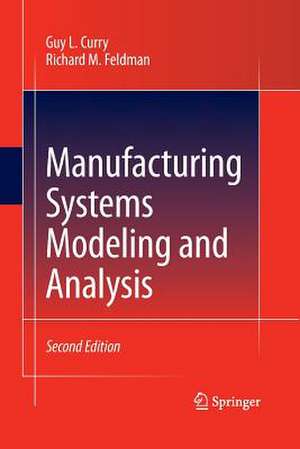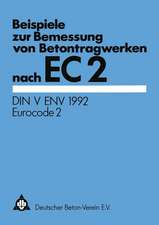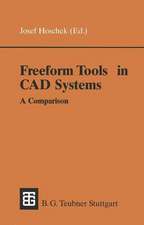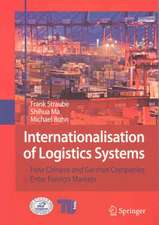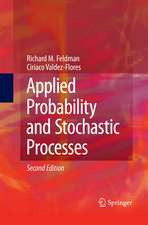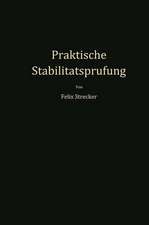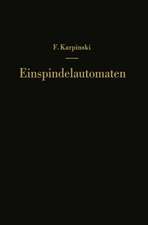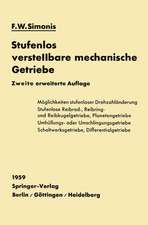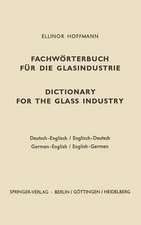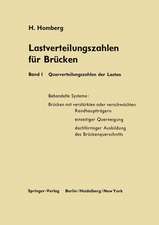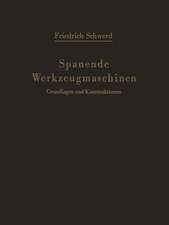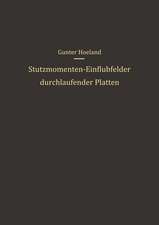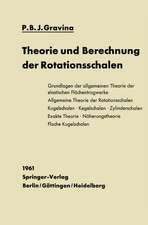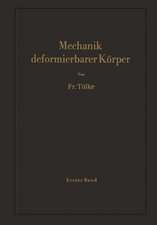Manufacturing Systems Modeling and Analysis
Autor Guy L. Curry, Richard M. Feldmanen Limba Engleză Paperback – 11 oct 2014
| Toate formatele și edițiile | Preț | Express |
|---|---|---|
| Paperback (1) | 587.75 lei 38-44 zile | |
| Springer Berlin, Heidelberg – 11 oct 2014 | 587.75 lei 38-44 zile | |
| Hardback (1) | 735.53 lei 43-57 zile | |
| Springer Berlin, Heidelberg – 30 noi 2010 | 735.53 lei 43-57 zile |
Preț: 587.75 lei
Preț vechi: 773.36 lei
-24% Nou
Puncte Express: 882
Preț estimativ în valută:
112.46€ • 117.74$ • 93.06£
112.46€ • 117.74$ • 93.06£
Carte tipărită la comandă
Livrare economică 02-08 aprilie
Preluare comenzi: 021 569.72.76
Specificații
ISBN-13: 9783642423598
ISBN-10: 3642423590
Pagini: 356
Ilustrații: XVI, 338 p.
Dimensiuni: 155 x 235 x 19 mm
Greutate: 0.5 kg
Ediția:2nd ed. 2011
Editura: Springer Berlin, Heidelberg
Colecția Springer
Locul publicării:Berlin, Heidelberg, Germany
ISBN-10: 3642423590
Pagini: 356
Ilustrații: XVI, 338 p.
Dimensiuni: 155 x 235 x 19 mm
Greutate: 0.5 kg
Ediția:2nd ed. 2011
Editura: Springer Berlin, Heidelberg
Colecția Springer
Locul publicării:Berlin, Heidelberg, Germany
Public țintă
Upper undergraduateCuprins
Preface.- Basic Probability Review.- Introduction to Factory Models.- SingleWorkstation Factory Models.- Processing Time Variability.- Multiple-Stage Single-Product Factory Models.- Multiple Product Factory Models.- Models of Various Forms of Batching.- WIP Limiting Control Strategies.- Serial Limited BufferModels.
Notă biografică
Guy L. Curry is a Professor of Industrial and Systems Engineering at Texas A&M University. He received B.S. and M.S. degrees in mathematics from the University of Oklahoma and Wichita State University, respectively, and a Ph.D. in industrial engineering from the University of Arkansas. Prior to joining Texas A&M University, he was an operations research analyst with Boeing and Sun Oil. He has received several research and teaching awards and co-authored three books. Dr. Curry teaches courses in simulation, optimization, and production /manufacturing systems. His current research interests include modeling and analysis techniques for production and manufacturing systems.
Richard M. Feldman is a Professor of Industrial and Systems Engineering at Texas A&M University. He received a B.A. degree in mathematics from Hope College, an M.S. degree in mathematics from Michigan State University, an M.S. degree in Industrial and System Engineering from Ohio University, and a Ph.D. in Industrial Engineering from Northwestern University. His teaching interests include simulation, applied probability, and queueing theory. His consulting and funded research activities have involved modeling and simulation within manufacturing, transportation, and biological contexts. He has received several teaching awards, published papers in applied probability and queueing theory, and co-authored four books.
Richard M. Feldman is a Professor of Industrial and Systems Engineering at Texas A&M University. He received a B.A. degree in mathematics from Hope College, an M.S. degree in mathematics from Michigan State University, an M.S. degree in Industrial and System Engineering from Ohio University, and a Ph.D. in Industrial Engineering from Northwestern University. His teaching interests include simulation, applied probability, and queueing theory. His consulting and funded research activities have involved modeling and simulation within manufacturing, transportation, and biological contexts. He has received several teaching awards, published papers in applied probability and queueing theory, and co-authored four books.
Textul de pe ultima copertă
This text presents the practical application of queueing theory results for the design and analysis of manufacturing and production systems. This textbook makes accessible to undergraduates and beginning graduates many of the seemingly esoteric results of queueing theory. In an effort to apply queueing theory to practical problems, there has been considerable research over the previous few decades in developing reasonable approximations of queueing results. This text takes full advantage of these results and indicates how to apply queueing approximations for the analysis of manufacturing systems. Support is provided through the web site http://msma.tamu.edu. Students will have access to the answers of odd numbered problems and instructors will be provided with a full solutions manual, Excel files when needed for homework, and computer programs using Mathematica that can be used to solve homework and develop additional problems or term projects. In this second edition a separate appendix dealing with some of the basic event-driven simulation concepts has been added.
Caracteristici
Includes many easy-to-understand numerical examples and homework problems for students Separate appendix dealing with some of the basic event-driven simulation concepts has been added and chapter appendices have been expanded to include more information on simulation A solutions manual of all problem solutions and computer codes to support the instructors ease of developing problems and their solutions is provided Includes supplementary material: sn.pub/extras
